2022 Engaged Research Grantee Introductions Continued
Dana Powell (Appalachian State U.) and Rebecca Witter (Appalachian State U.)
“Mapping Environmental Meaning Making Amidst Emerging Energy Threats in the N.C. Coastal Plains”
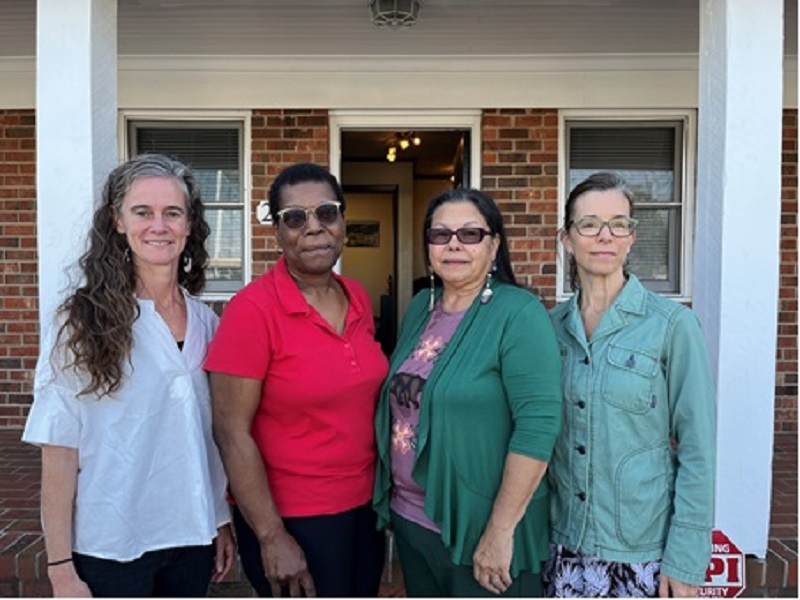
The proposed project is a collaboration among the RedTailed Hawk Collective, the Environmental Justice Community Action Network, and the two Co-PIs to build knowledge infrastructure and organizing capacity among Indigenous and African-American communities facing biogas and biomass extraction in their rural homelands. The research will examine environmental meaning-making in a context where the rapid rise of new energy infrastructures overlays longstanding environmental injustices in North Carolina’s Coastal Plains. We focus on identifying, mapping, and archiving sites and socio-ecological relations that carry cultural significance and are worthy of protection in the face of biofuels development. Following the methodological directives of our community partners, we have co-designed a method we call ‘mapping as process and product’ to generate data from watersheds, forests, species, stories, and memories that are under threat by energy extraction. With this collective knowledge, our team will develop an interactive ArcGIS StoryMap and digitized Toxic Tour that together establish a community-owned archive for knowledge sharing among and beyond partner constituencies. This research will advance anthropological thinking in environmental meaning while contributing to methodological innovation in the co-production of knowledge. Our collaborative also aims to transform university-community relationships by strengthening possibilities for engaged anthropology in matters of shared societal urgency.
Megan Carney (Arizona, U. of)
“Cinema for Inclusion: Migrant Storytelling, Archival Activism, and Decolonial Approaches to Knowledge Production in Mediterranean, US/Mexico, and UK Borderlands”
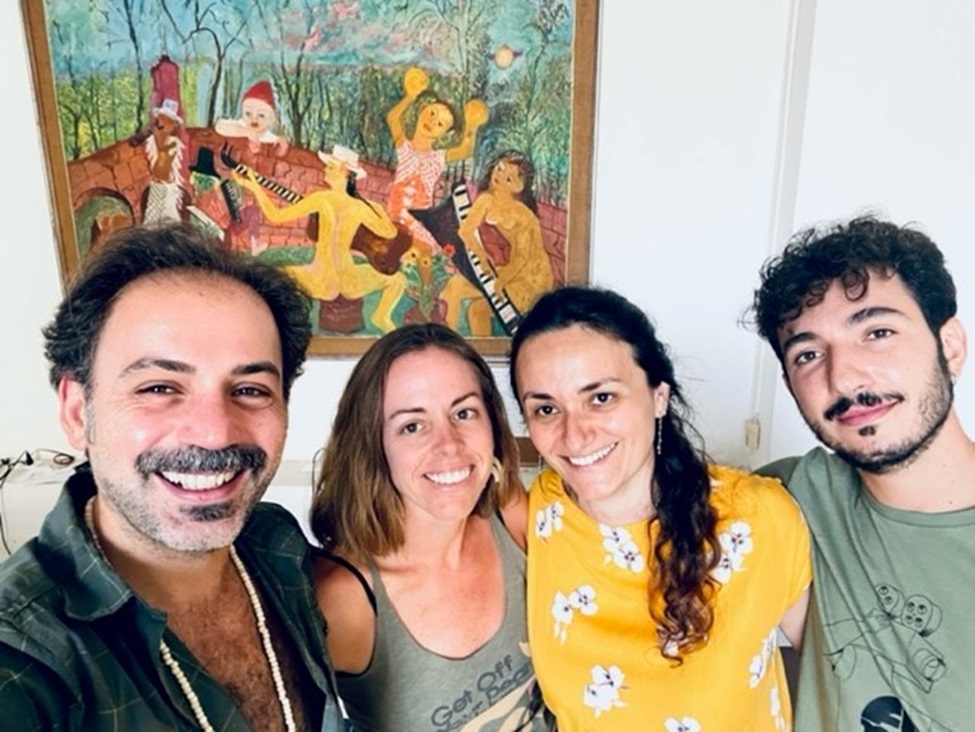
We aim to co-create engaged research on participatory methodologies and permutations of archival activism with migrant youth in Sicily, the first point of entry for many people seeking asylum in Europe. Our engaged research activities will take place across three borderlands contexts: Palermo, a city that has garnered global renown for being a city of welcome; Tucson, the birthplace of the Sanctuary Movement and a present-day site of fervent border activism; and Sheffield, the first City of Sanctuary in the United Kingdom. In partnership with the Palermo-based nonprofit Zabbara and their participatory film lab FunKino: Cinema for Inclusion, our research team will examine: 1) migrant youth engagement in storytelling and the production of counter-narratives; 2) how participatory storytelling projects connect to an anthropology of liberation, to a decolonial politics of knowledge production, and to contemporary conceptualizations of archival activism; and 3) how the methodology developed by Zabbara may be translatable and hold transformative potential across different migratory and borderlands contexts. Using a collaborative research approach to facilitate the mutual co-production of knowledge throughout all phases of the research design and to generate policy-relevant research, we will disseminate results in academic and practitioner settings, as well as with broader publics.
Sebastian Vacas Oleas (FLACSO, Quito, Ecuador)
“Mapping on indigenous terms: preserving Shuar historic memory and ancestor’s lands”
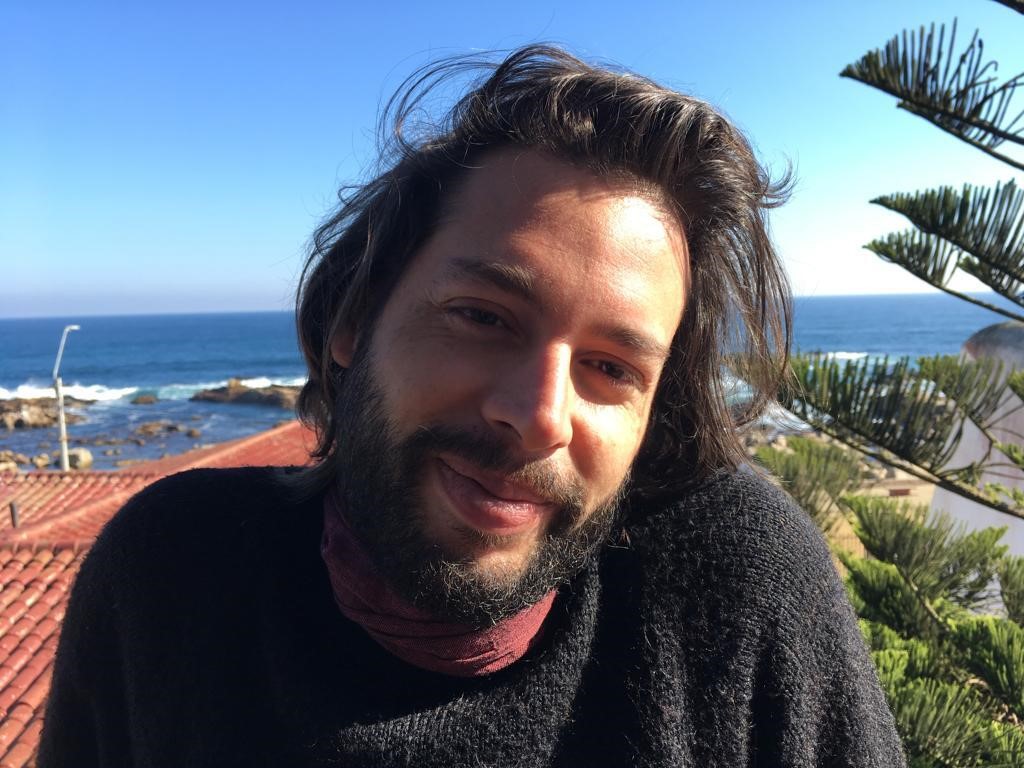
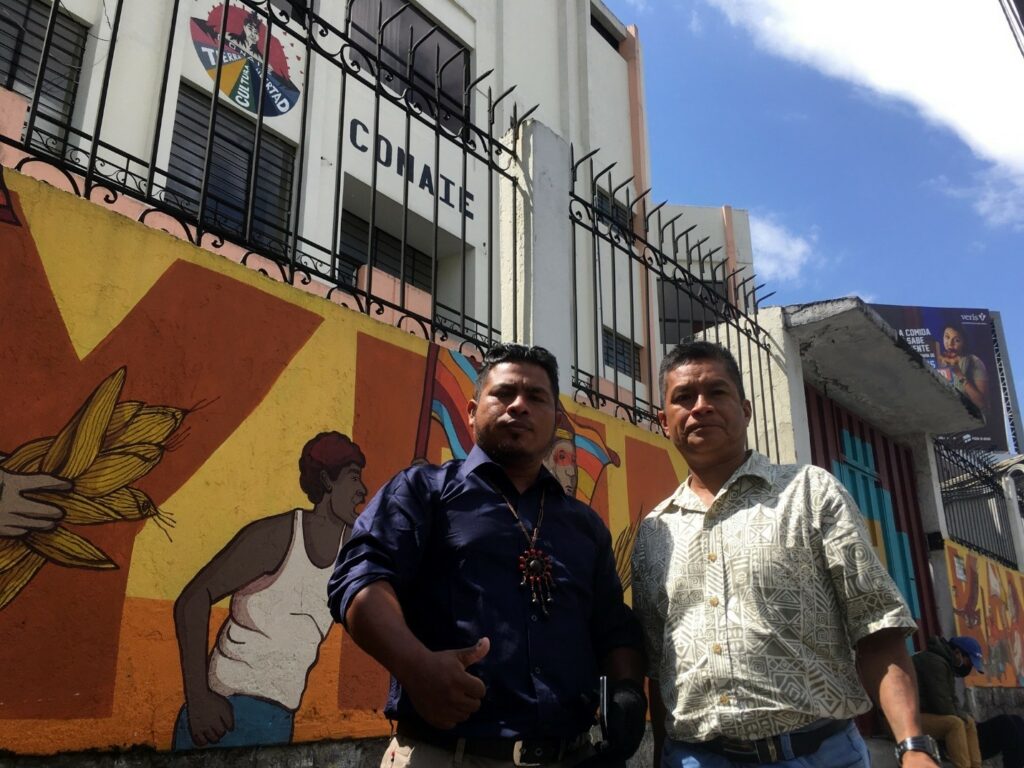
This project aims to record, synthesize, and preserve Shuar historic memory regarding ancestral migratory movement, kinship, and indigenous use, occupancy, and relation to land over time. Its purpose is guided by indigenous concerns regarding who gets to write about indigenous history and why. The project aims to produce a series of maps and video footage inspired by indigenous historical consciousness. These materials will explore Shuar notions of history beyond colonial understandings and record the lives, migratory movements, and political relations of Shuar ancestors and their connections to people living in a Shuar land reserve today. We want to know how people in this land reserve remember past forebears and study how these ancestors relate to current Shuar understandings and perceptions of belonging to their land today. We also aim to demonstrate that Shuar historic knowledge about ancestors, as currently discussed and understood by Shuar people provides a significant insight into understanding current Shuar relations to land and territorial claims.
Yoli Ngandali (Washington, U. of)
“Meaning is in the Making: (Re)connecting with Museum Collections for Indigenous Art Revitalization”
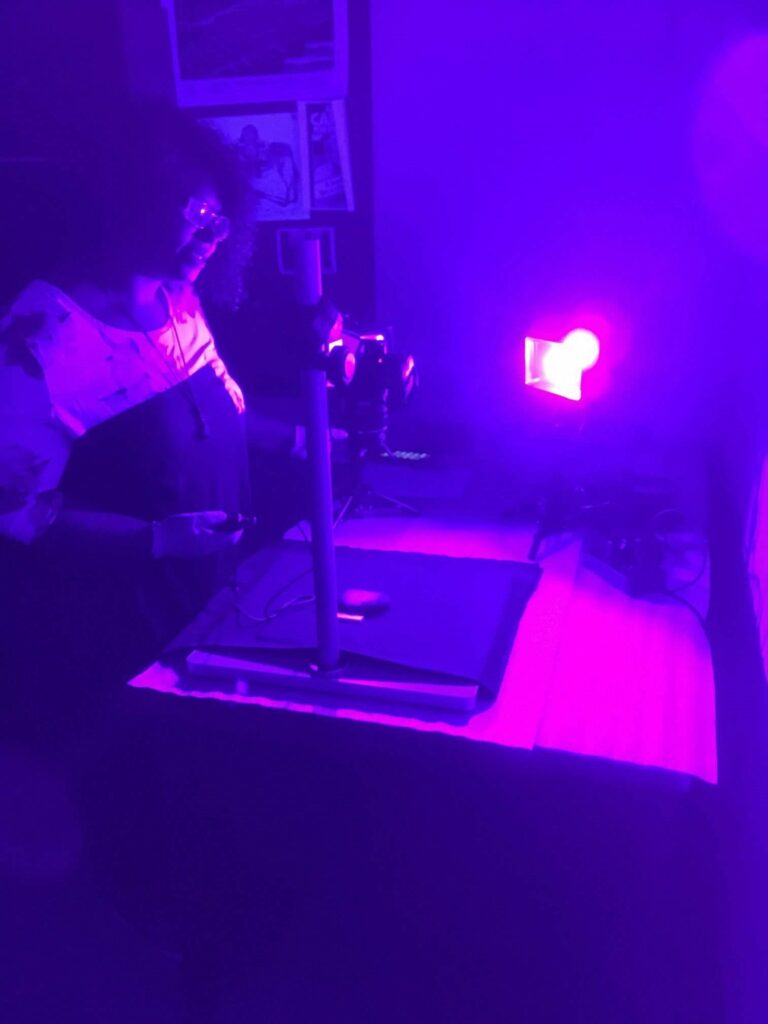
Traditional approaches to Indigenous ‘art’ often focus solely on style, however, our research implements low-impact archaeological methodologies that integrate traditional Native knowledge into the study and curation of tribal belongings. We prioritize Grand Ronde’s generations of lived knowledge and demonstrate the importance of museum collections in art revitalization efforts. In partnership with archaeologists from the University of Washington Department of Anthropology and cultural experts from the Confederated Tribes of Grand Ronde, this research is a pathway that transforms archaeology from an extractive and colonial endeavor to one that recognizes tribal sovereignty and builds Indigenous communities’ capacity to reclaim and reinterpret knowledge gained from museum collections research into a living context. This project recognizes the role and power of art production in ancient and contemporary contexts, expands the context-sensitive care for tribal heritage, and reconnects material culture back into relation, all of which contribute to art revitalization efforts ongoing in Grande Ronde today.
Alexandra Nelson (Western Ontario, U. of)
“Nothing About Us Without Us: Redefining Political Engagement with People With Lived Experience of Homelessness in Canada”
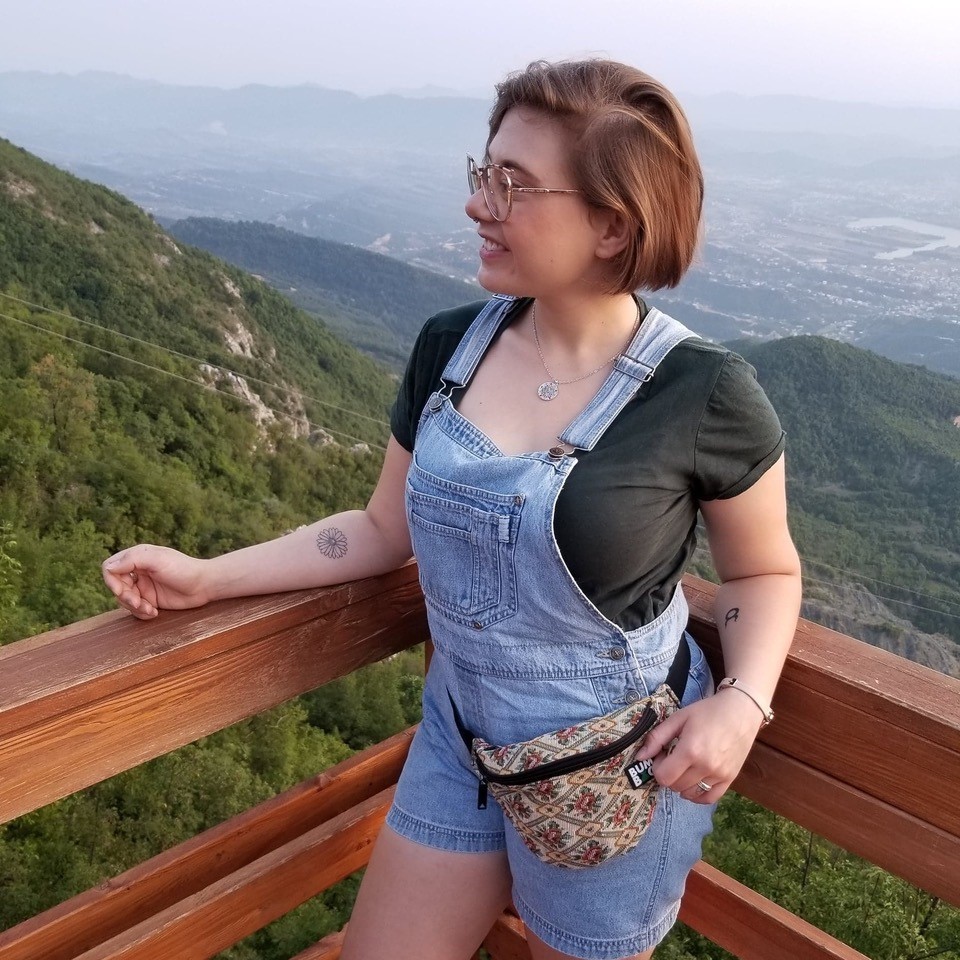
People with lived experience of homelessness have often been the subjects of research, rather than the researchers themselves. This research project seeks to upend this dynamic by building on the advocacy work of the Canadian Lived Experience Leadership Network (CLELN). In 2014, leaders with lived experience of homelessness met to create guiding principles for researchers and policymakers seeking to work with lived experts of homelessness. Since the original document was published, the need for a more robust toolkit for ethically and respectfully working with lived experts has grown. This research proposes to build an updated toolkit through extensive community outreach, led by a diverse team of lived experts. We are guided by two questions: 1) what would ending and preventing homelessness look like in Canada if it were led by people with lived experience? 2) What does ethical, respectful, and equitable engagement look like during this process? To address these questions, our research team – all people who have experienced homelessness – will hold bi-monthly working meetings, supplemented by focus groups and semi-structured interviews. The goal of this work is to mobilize research findings to inform the policy and programmatic rollout of Canada’s human rights-based National Housing Strategy.
Gabriel Torres Colón (Vanderbilt U.)
“Seeds for Resisting and Flourishing in the Mangroves: Racial Experience, Sustainability, and Community Empowerment in Piñones, Puerto Rico”
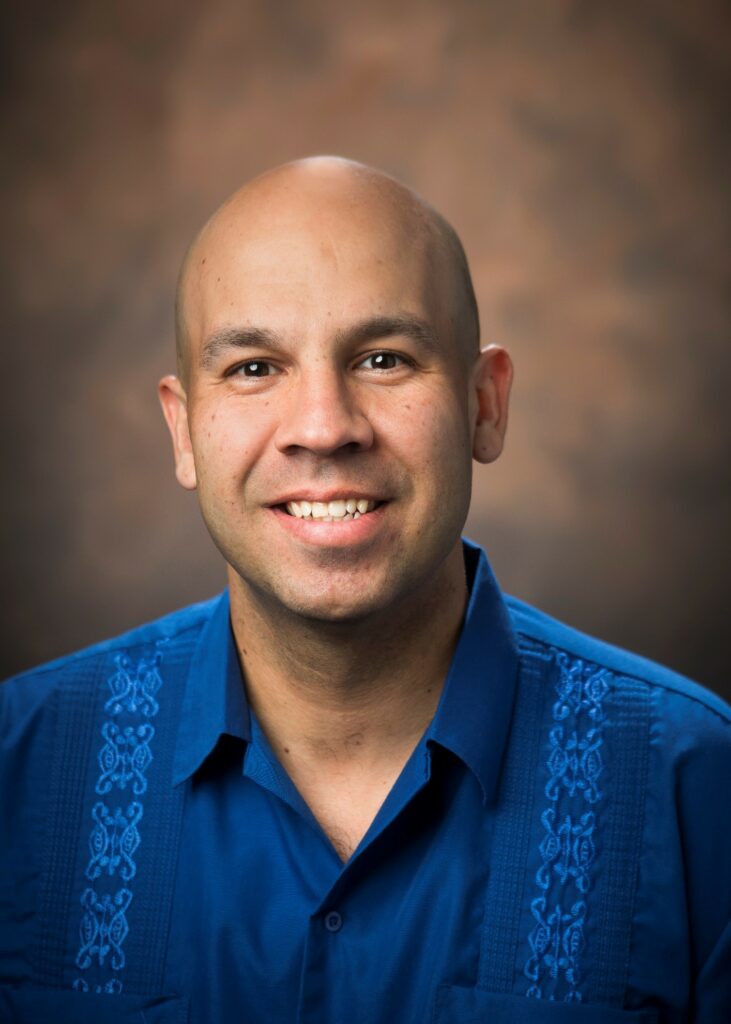
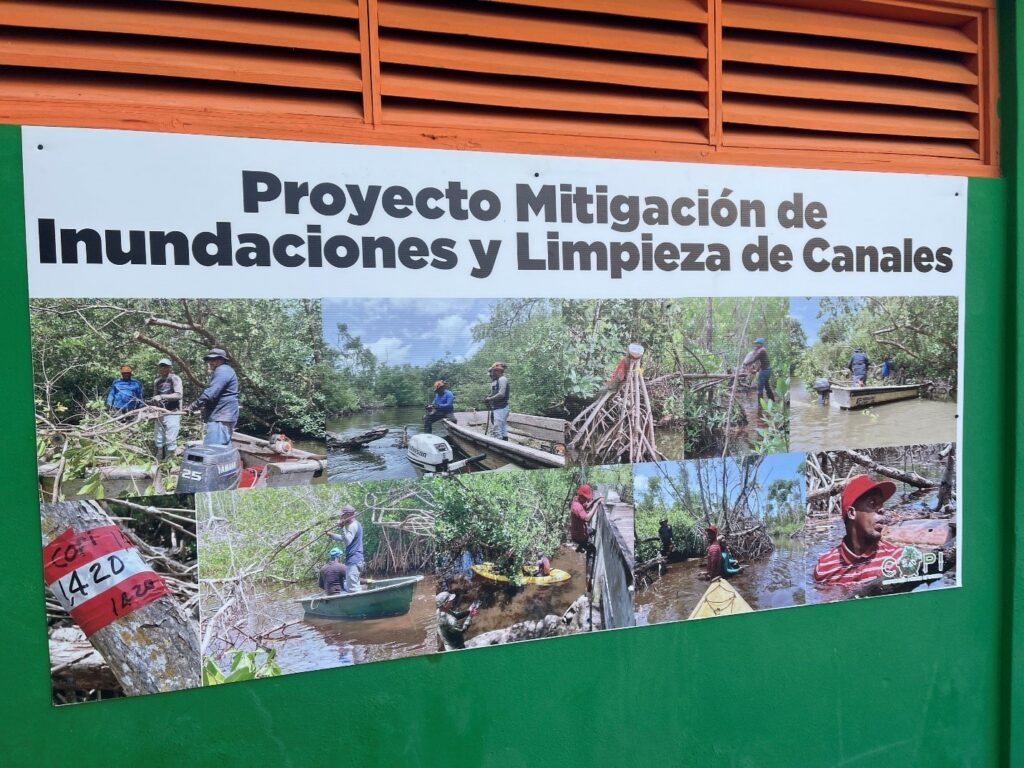
This research project broadly explores how Afro-Puerto Ricans in Piñones, Loíza resist structural racism, struggle for social equality, and pursue a more prosperous future. In collaboration with the Corporación Piñones se Integra (COPI), a community-based non-profit, we will employ ethnographic methods to understand how Afro-Puerto Ricans experience race, practice environmental conversation of their ancestral mangrove forest, and seek to effect change in governmental politics. Ultimately, we aim to influence political ideologies and construct public policy that will allow Afro-Puerto Ricans to not only resist structural racism, but to flourish as equal members of society.
Filipe Juliano (PPGAS – Museu Nacional, Rio de Janeiro)
“Class and race in Brazil: black entrepreneurship and anti-racism in the Market”
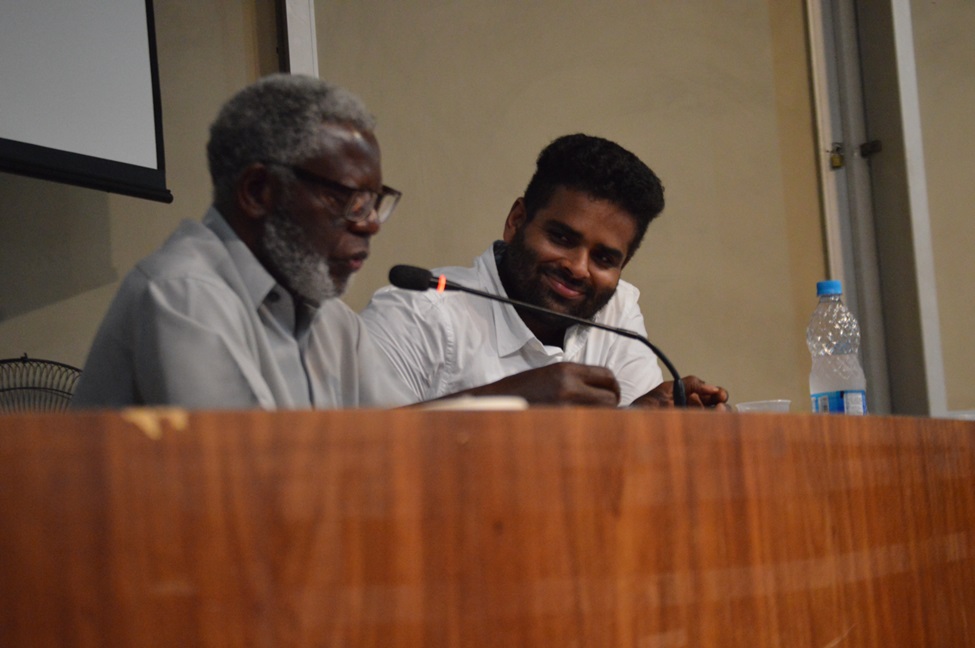
This project has two objectives: to support ethnographic research among black Brazilians to enhance entrepreneurship and business initiatives; and to hold a workshop, “Class and race in Brazil: black entrepreneurship and anti-racism in the market.” At the workshop, the conclusions of my dissertation research will be discussed by partner stakeholders and researchers working in areas and on themes related to racial exclusion and inequality, the interaction between race and class, and racism in Brazil and the world. By strengthening and supporting the creation of companies owned by blacks, the partners at REAFRO (Afro-Brazilian entrepreneurs Network) and Cadon (Osvaldo dos Santos Neves Development Support Center) seek to promote the social and economic ascension of black Brazilians, while creating and intensively debating social theories about racial inequalities in Brazil. By holding an international workshop on racial inequalities, we seek to create an arena of debate in which black entrepreneurs can dialogue with anthropologists, sociologists, political scientists, and economists concerning academic and native theories on racial relations and inequalities.
Daniela Alarcon (National Museum, Rio de Janeiro)
“Resisting Bolsonaro: The Mobilization of the Tupinambá of Serra do Padeiro to Defend Their Territory and Collective Projects amid Violations of Rights and Anti-Indigenous Policies”
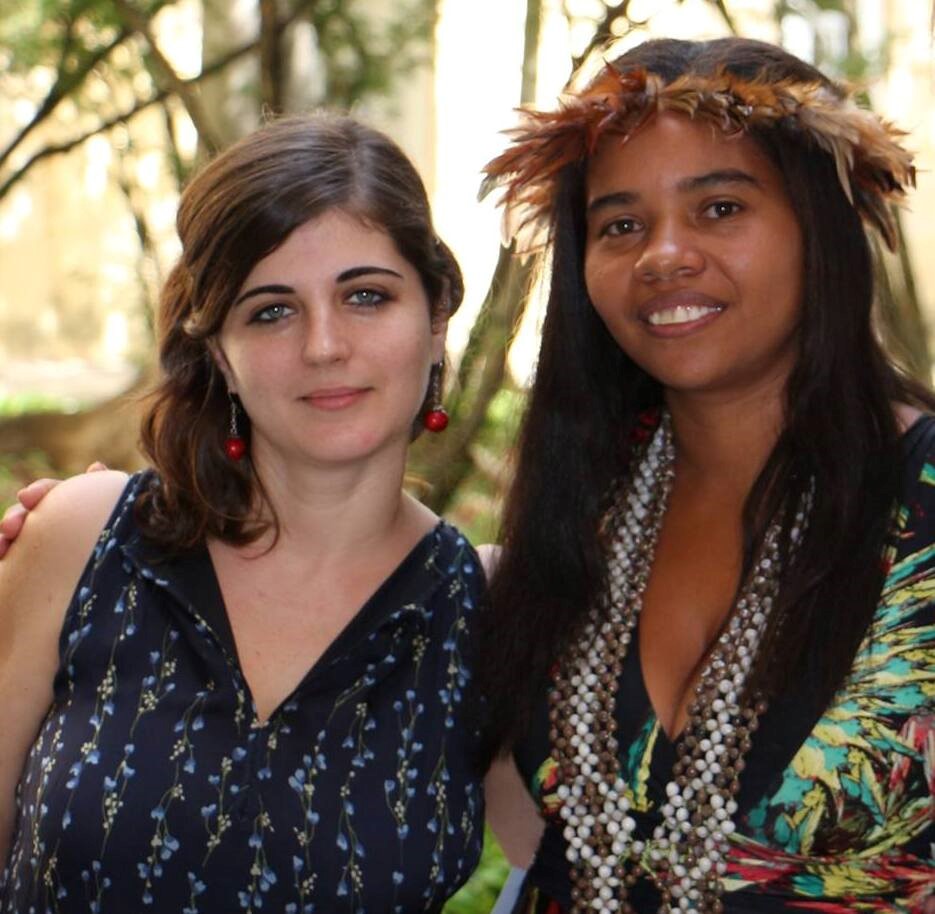
How have the Tupinambá of Serra do Padeiro (Tupinambá de Olivença Indigenous Territory, southern Bahia, Brazil) mobilized to defend their territory and collective projects in the face of rampant violations of rights and anti-Indigenous policies under the presidency of Jair Bolsonaro? This project focuses on action taken by the community between 2018 and 2022. The investigation is part of a broader strategy laid out by the Tupinambá of Serra do Padeiro, aimed at documenting the history of their contemporary struggle from their own perspectives. Despite being heavily targeted by criminalization, paramilitary attacks, and police brutality, since 2004 they have used direct action to recover a significant portion of their territory, located in one of the few remaining patches of the Atlantic Forest. From the end of the 19th century onwards, that land had been turned by non-Indians into cocoa farms and resorts. Rooted in their territory, engaged in the broader Indigenous movement, and connected to both their ancestors and non-human entities, the Tupinambá have forged ways of living well. Combining archival research and ethnographic fieldwork, we aim to collaborate to deepen an anthropological understanding of forms of Indigenous resistance and to counter worsening anti-Indigenous policies and discourses.
Srujana Katta (Oxford, U. of)
“Precarity to Power: Work and Organising in the Ride-hailing Economy in Hyderabad”
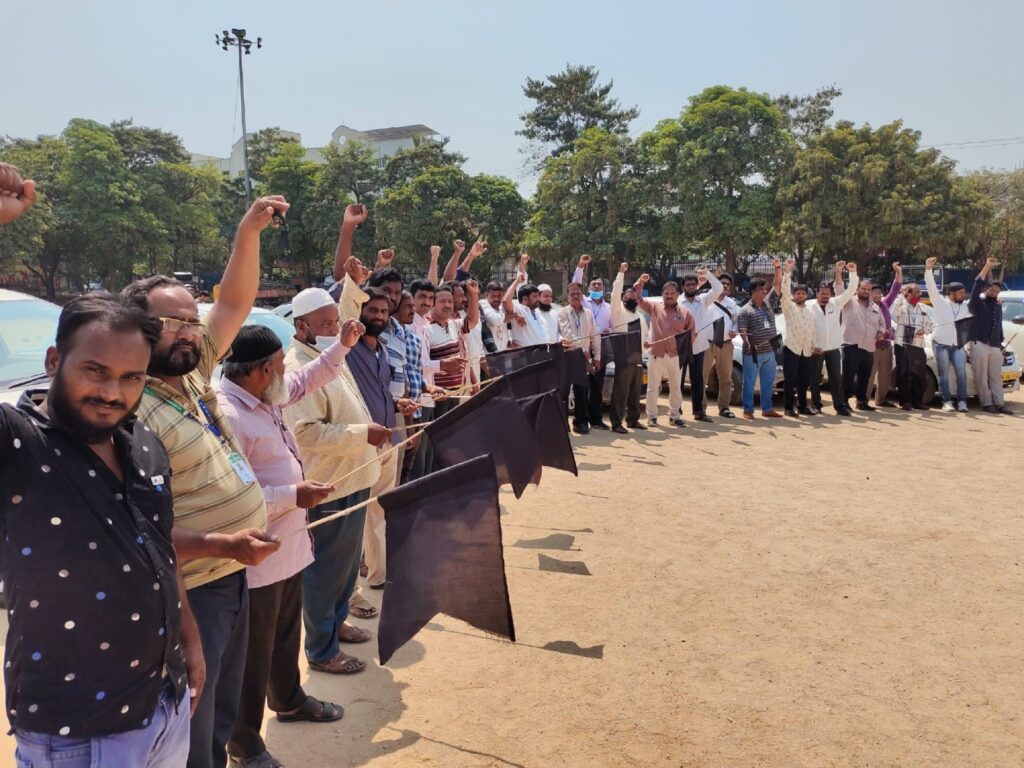
This research project investigates the working lives and aspirations of app-based ride-hail workers (e.g. Uber and Ola drivers) in the South Indian city of Hyderabad, in order to derive a locally-grounded agenda for worker justice in the platform economy, and develop instructive insights for activists and workers leading the charge. This project is a collaborative venture between a platform work researcher and an app-based driver and activist from Hyderabad. It employs a qualitative, mixed-methods approach comprising participant observations of ride-hail work and organising, in-depth interviews with app-based drivers and organisers, and oral history interviews of leading labour activists. The project’s overarching sociopolitical aim is to build worker power in Hyderabad by: (1) raising awareness among the city’s app-based drivers about the extant forms of labour organising and support for workers, (2) identifying the vulnerabilities that workers face and their aspirations for their working lives, and (3) creating a pipeline for their concerns and visions to feed into union organising. Situated within the broader tradition of activist anthropological research, the project’s academic aims are to make contributions to the anthropologies of work and unions in the Global South and to advance methodological debates on engaged research within labour studies.
Phineas Kelly (Wyoming, U. of)
“Rapa Nui Language Revitalization and Digital Repatriation”
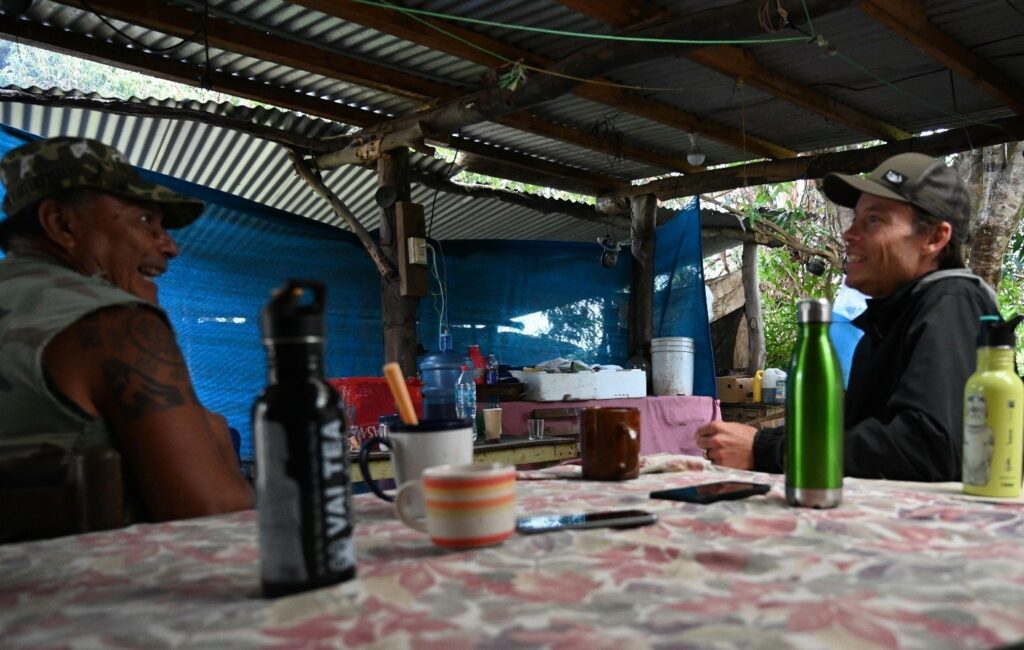
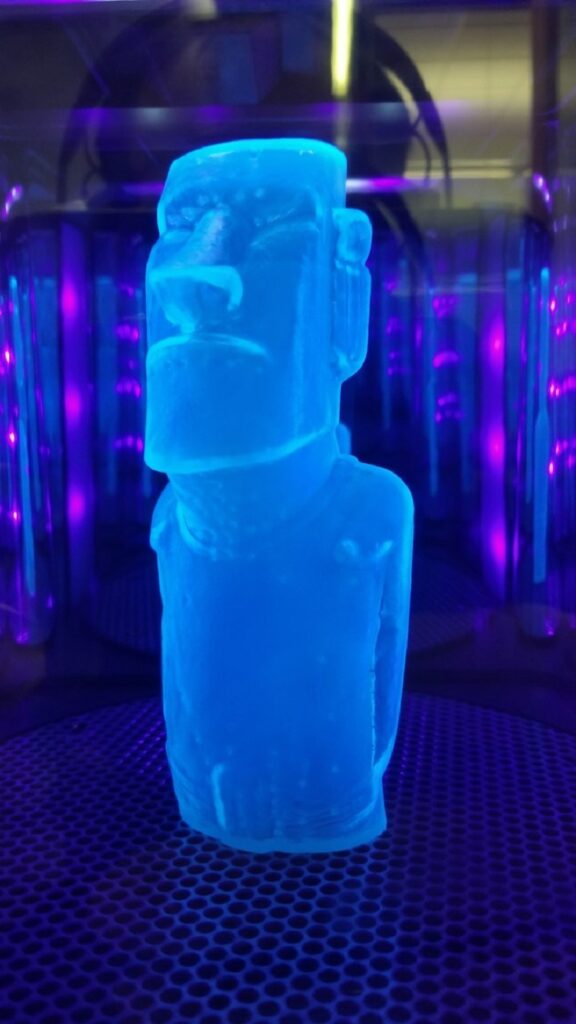
The contamination of colonial ideologies dooms indigenous language conservation efforts to failure. Increasingly accessible developments in technology, however, have already begun to decolonize and democratize such undertakings. All over the globe, native peoples have begun to sidestep Western paradigms and equip themselves with self-defined ways of pursuing goals in education and socialization. What combination of tools will empower Polynesians to document, reappropriate and transmit both their language and the cultural patrimony embedded therein? To answer this question, my Rapa Nui collaborators and I propose specific ways for the people of Easter Island to repatriate their heritage and revitalize their language using the digital representation of physical objects, geographic locations, personal histories, and collected ethnographies. Developed over years of iterative collaboration between the author, his Rapa Nui family and, community, and members of the Northern Arapaho tribe this project explores new methods and contexts for language documentation and revitalization that are culturally specific in that physical locations and repatriated objects of indigenous cultural heritage become the “classroom” in which language is both documented through elicitation and ultimately learned. The methodologies that our research generates will provide working models for those indigenous peoples engaged in the same struggles.
Hanna Garth (Princeton U.)
“Racialized Placemaking in South Los Angeles: Household Food Access and Basic Needs after COVID-19”
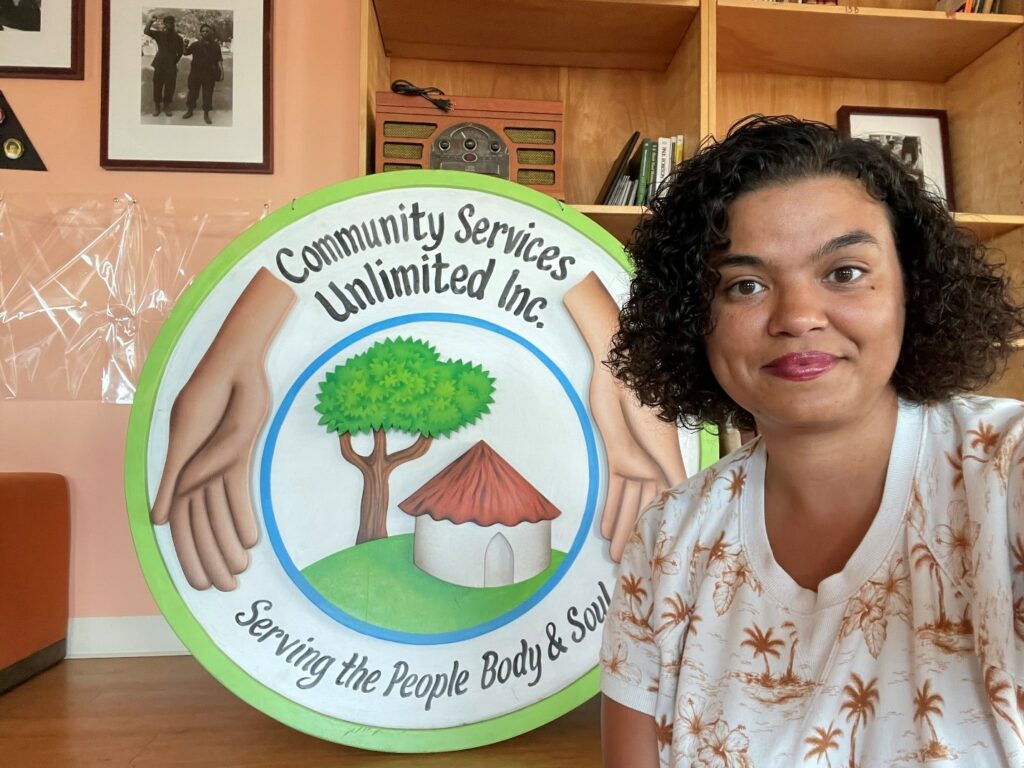
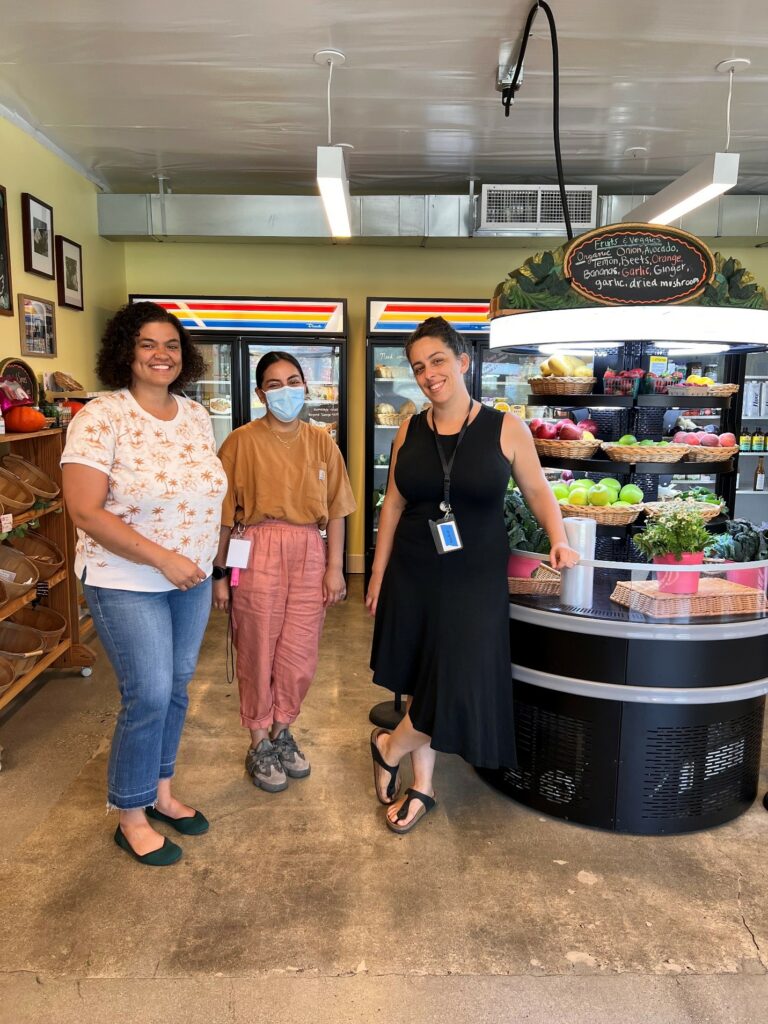
For many decades residents of South Los Angeles have faced ongoing economic difficulties and political struggles. The disproportionate impact of the COVID-19 pandemic on the health and economic wellbeing of the South LA community has shifted the kinds of struggles that area households face. Community organizations developed rapid emergency interventions to address immediate needs for secure housing and sufficient food and water supplies. As the community recovers from the pandemic and their household needs shift, they will draw on community resources, kinship networks, and friends in new and diverse ways. This research seeks to understand how South LA residents navigate area infrastructures and community organizations in order to facilitate access to basic needs and enable survival. This is a collaboration with Community Services Unlimited, Inc. (CSU), originally the non-profit arm of the Southern California Chapter of the Black Panther Party (BPP). While providing CSU with the data necessary to adapt their programming to emergent needs in post-pandemic Los Angeles, this research also builds on anthropological scholarship around infrastructure and resource distribution to analyze how households maintain and create new forms of intimacy and kinship as they envision a future in which they may live and thrive.